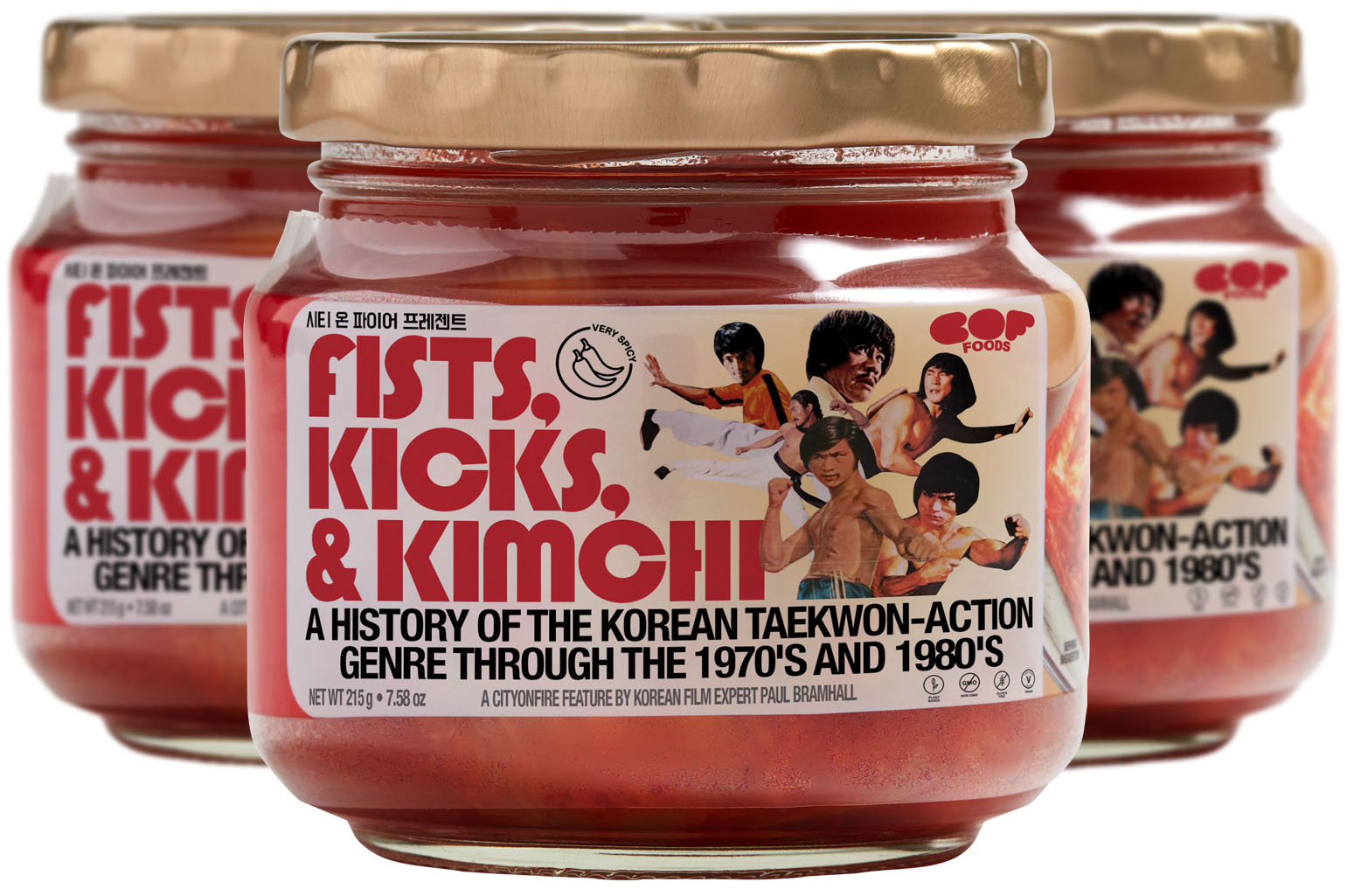
After going through a golden age in the 1960’s, Korean cinema went through one of its most challenging decades in the 70’s. Economic growth saw television sets make their way into most households and become the medium of choice, while the ushering in of the Yushin era saw president Park Chung-hee tighten his dictatorial grip on the country, imposing strict censorship on any creative work. After a decade that produced a number of classics, many filmmakers saw themselves stuck between a rock and a hard place within a remarkably short timeframe. Budgets were no longer there, and even the slightest sign of criticism towards the government or sympathising with communism became a crime punishable by prison (and indeed, many directors did end up behind bars).
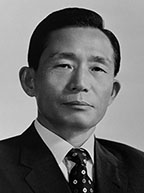
Park Chung-hee
The cinematic landscape would stay that way for most of the next 20 years, before it began its next renaissance in the 1990’s, by the end of which Korean productions had even broken through onto the world stage. As challenging a time as it was when it came to freedom around artistic expression, it was arguably due to such circumstances that the Korean taekwon-action genre was born. Korea was far from an untapped resource in terms of its martial arts talent in the early 70’s, with Bruce Lee having already enlisted hapkido practitioners Hwang In-shik and Ji Han-jae to feature as opponents in his Hong Kong productions, Way of the Dragon and Game of Death (although audiences wouldn’t get to see Han-jae in action until its eventual release in 1978) respectively.
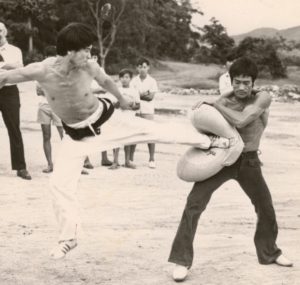
Hwang In-shik and Bruce Lee in a behind the scenes photo from Way of the Dragon.
While Hong Kong’s Shaw Brothers studio also had several Korean actors under contract who became regulars throughout the 70’s, such as James Nam and Kim Ki-joo, it was rival studio Golden Harvest that took a more aggressive approach to pushing Korean talent to the fore. With the untimely passing of Bruce Lee, who was signed to the studio at the time, owner Raymond Chow became eager to find a new star and appeared to believe Korea was the best place to look. However without the formal Peking Opera background or studio backed martial arts training that most performers in Hong Kong came with, meaning that its stars were usually proficient in both acting Continue reading

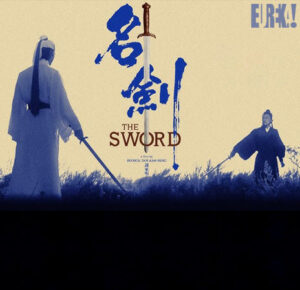

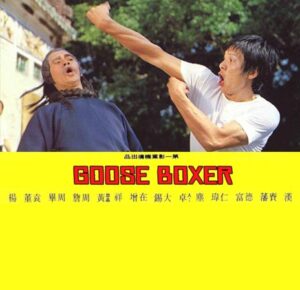
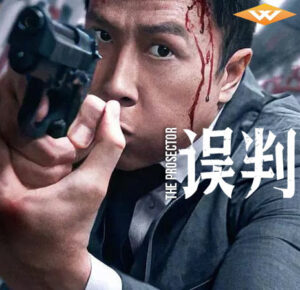
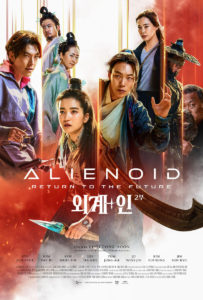
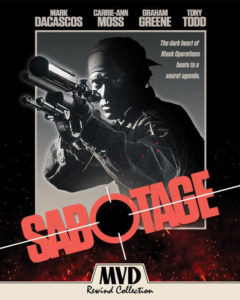
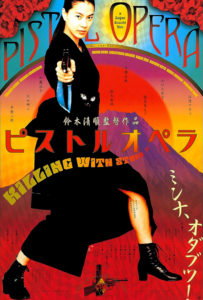
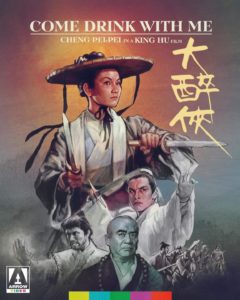
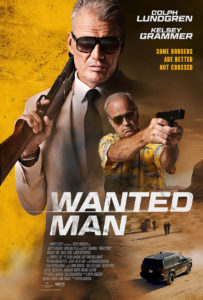
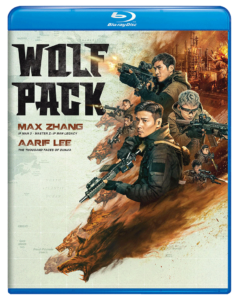
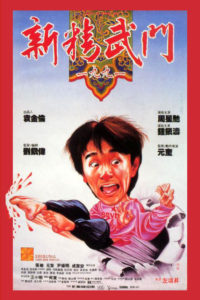
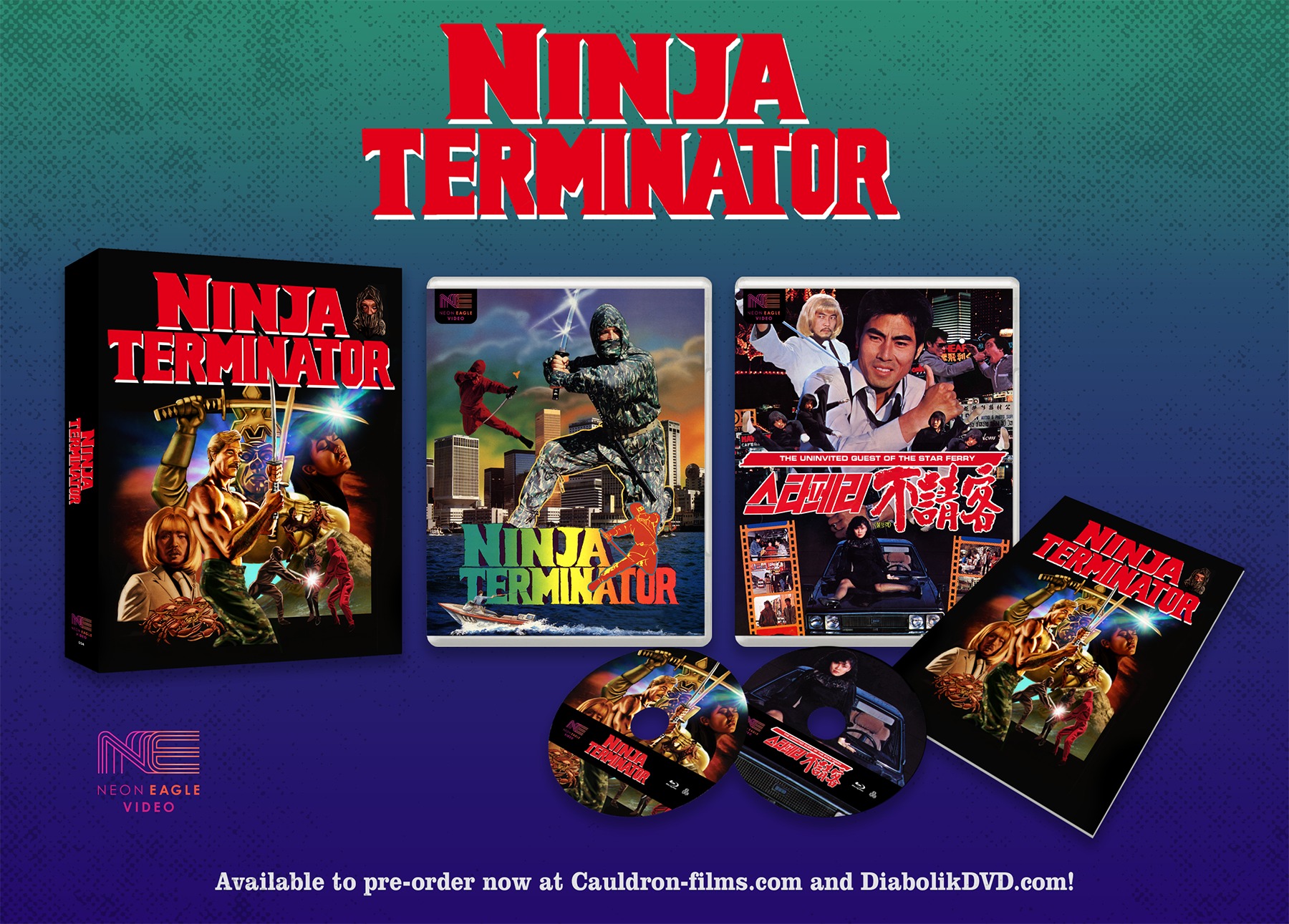
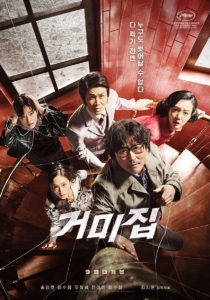

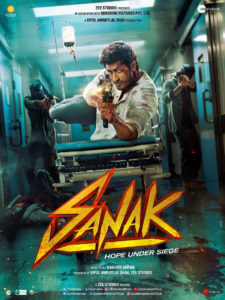
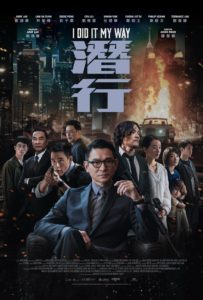



10 Comments